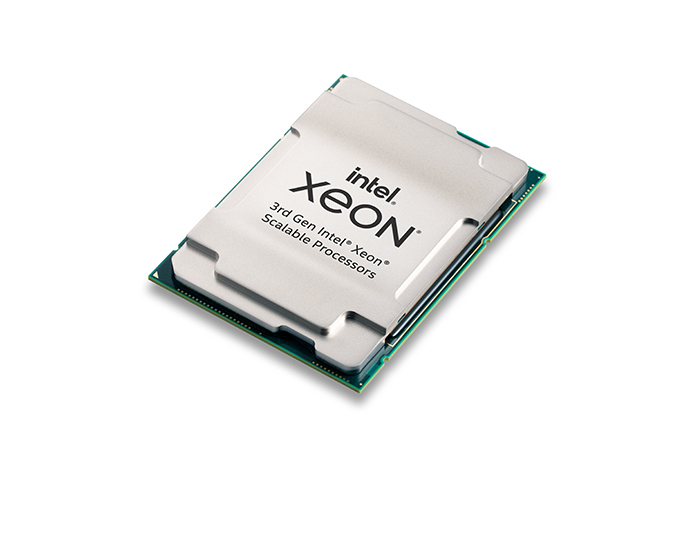Intel aims to achieve 100% renewable electricity use across its global operations
Intel Corporation announced plans to further reduce its direct and indirect greenhouse gas emissions and develop more sustainable technology solutions.
In a release, the chip maker said it expects to achieve net-zero greenhouse gas emissions in its global operations by 2040. The company also said it aims to increase the energy efficiency and lower the carbon footprint of Intel products and platforms and announced plans to work with customers and industry partners to create solutions that lower the greenhouse gas footprint of the entire technology ecosystem.
“The impact of climate change is an urgent global threat. Protecting our planet demands immediate action and fresh thinking about how the world operates. As one of the world’s leading semiconductor design and manufacturing companies, Intel is in a unique position to make a difference not only in our own operations, but in a way that makes it easier for customers, partners and our whole value chain to take meaningful action too,” Intel’s CEO Pat Gelsinger, said.
To realize its net-zero goal, Intel has set the following interim milestones for 2030:
-Achieve 100% renewable electricity use across its global operations.
-Invest approximately $300 million in energy conservation at its facilities to achieve 4 billion cumulative kilowatt hours of energy savings.
-Build new factories and facilities to meet U.S. Green Building Council LEED program standards, including recently announced investments in the U.S., Europe and Asia.
-Launch a cross-industry R&D initiative to identify greener chemicals with lower global warming potential and to develop new abatement equipment.
“Intel has been a leader in sustainability results for decades. With leadership comes responsibility. We’re now raising the bar and entering an exciting era to achieve net-zero greenhouse gas emissions across our operations by 2040,” said Keyvan Esfarjani, EVP and chief global operations officer at Intel. “This will require significant innovation and investment, but we are committed to do what it takes and will work with the industry to achieve this critical mission.”
Intel said it is also committed to addressing climate impacts throughout its upstream and downstream value chain. The chip maker said it is actively engaged with its suppliers to identify areas of improvement, including increasing supplier focus on energy conservation and renewable energy sourcing, increasing chemical and resource efficiencies, and leading cross-industry consortia to support the transition to a net-zero greenhouse gas semiconductor manufacturing value chain
To achieve this goal, Intel will increase the energy efficiency of its products and continue to drive performance improvements the market demands. Intel is setting a new goal to achieve a five times increase in performance per watt for its next generation CPU-GPU, Falcon Shores.
To help customers achieve platform carbon reductions, Intel is extending innovation in:
-The layout, selection and modularity of all internal components to reduce the size of main boards.
-Continued increases in system energy efficiency and display efficiency to significantly reduce overall power consumption.
-The use of bio-based printed circuit boards to aid in the separation of materials and components when recycling, and to reduce overall electronic waste.
Intel is also collaborating with hundreds of customers and industry partners to create solutions that meet the need for exponentially more computing processing power, while running more efficiently and using less energy. For instance, Intel is partnering to launch liquid immersion cooling pilot deployments for data centers across cloud and communications service providers. This includes embracing new principles, such as heat recapture and reuse via immersion cooling.

